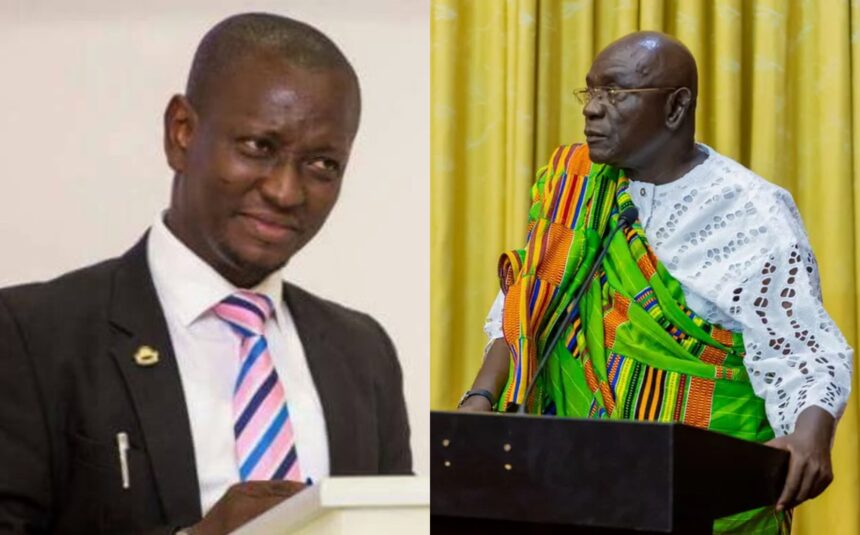Former Deputy Attorney General and Minister of Justice, Alfred Tuah-Yeboah, has strongly criticized the Council of State for its recommendation to suspend the Chief Justice, describing it as “poisonous.” Tuah-Yeboah emphasized that the Council’s advice sets a dangerous precedent and undermines the fair and dignified treatment that the head of the Judiciary deserves.
The Minister for Government Communications, Felix Kwakye Ofosu, confirmed the suspension of the Chief Justice in a statement dated Tuesday, 22 April. The decision was made in accordance with Article 146(6) of the 1992 Constitution after consultation with the Council of State. This followed the establishment of a prima facie case in relation to three separate petitions against the Chief Justice.
Expressing his dismay over the Council’s advice, Tuah-Yeboah cautioned against undermining the balance between the three branches of government in Ghana – the Executive, the Judiciary, and the Legislature. He stressed the importance of substantial grounds for advising the President to suspend the Chief Justice, rather than hollow reasons.
Tuah-Yeboah highlighted the need for the Council of State to ensure fairness in its actions, especially when it comes to matters involving the independence of the Judiciary. He urged careful consideration of the implications of suspending the Chief Justice without proper justification.
In response to the development, the President has constituted a five-member committee to investigate the matters raised in the petitions against the Chief Justice. The committee, formed in consultation with the Council of State, includes Justice Gabriel Scott Pwamang as Chairman, Justice Samuel Kwame Adibu-Asiedu, Daniel Yaw Domelevo, Major Flora Bazwaanura Dalugo, and Professor James Sefah Dzisah as members.
The controversy surrounding the suspension of the Chief Justice has sparked debate about the balance of power and independence of the Judiciary in Ghana. It remains to be seen how the committee’s investigation will unfold and what implications it may have for the country’s legal system.








